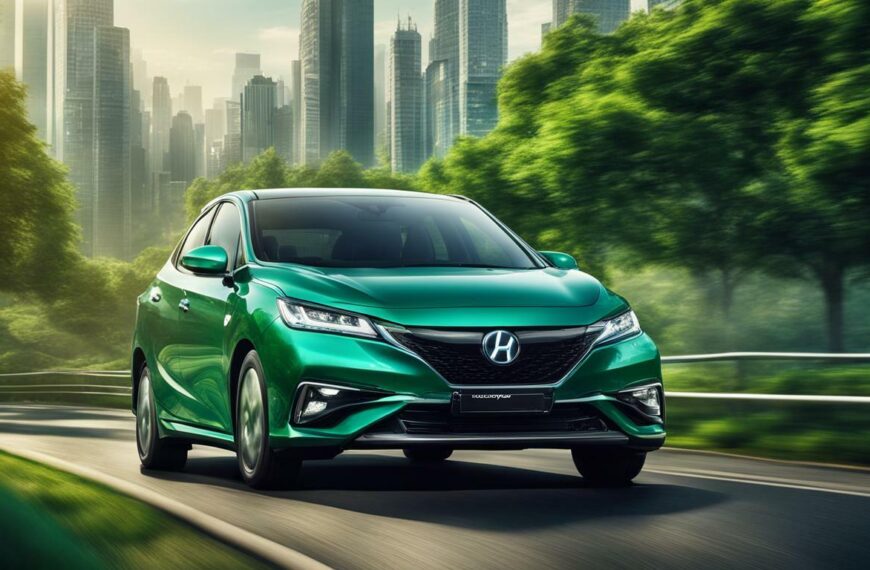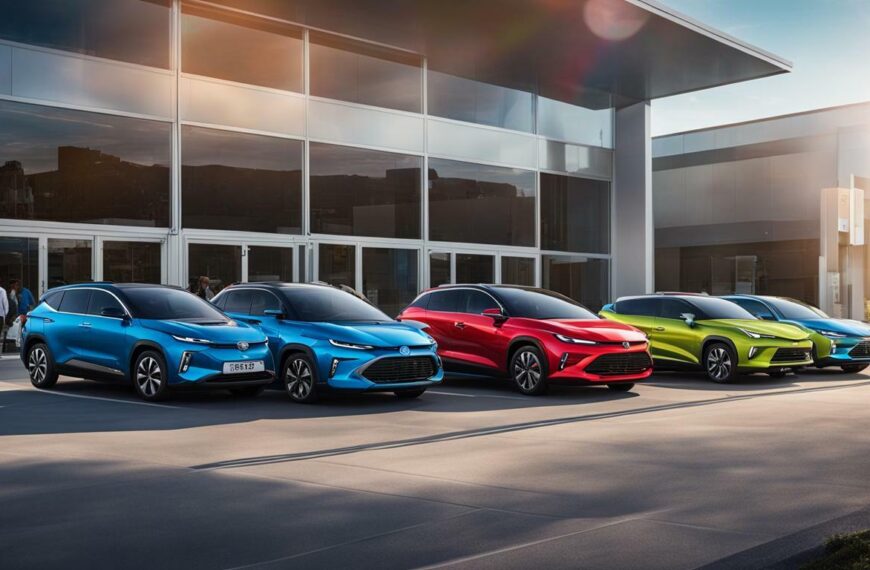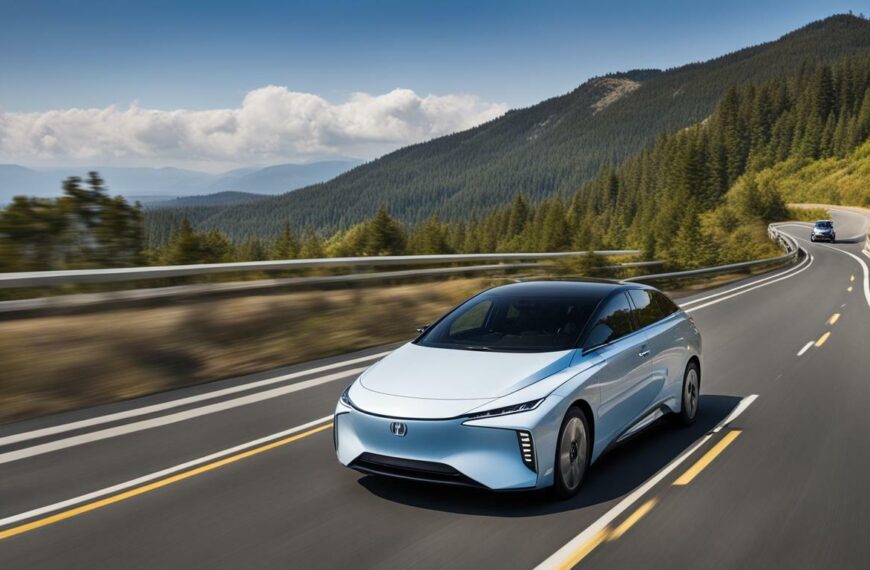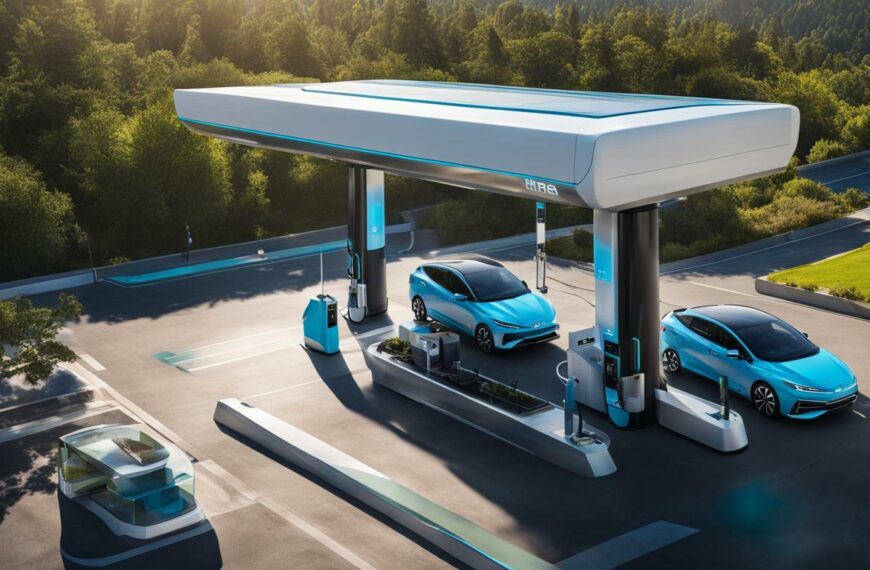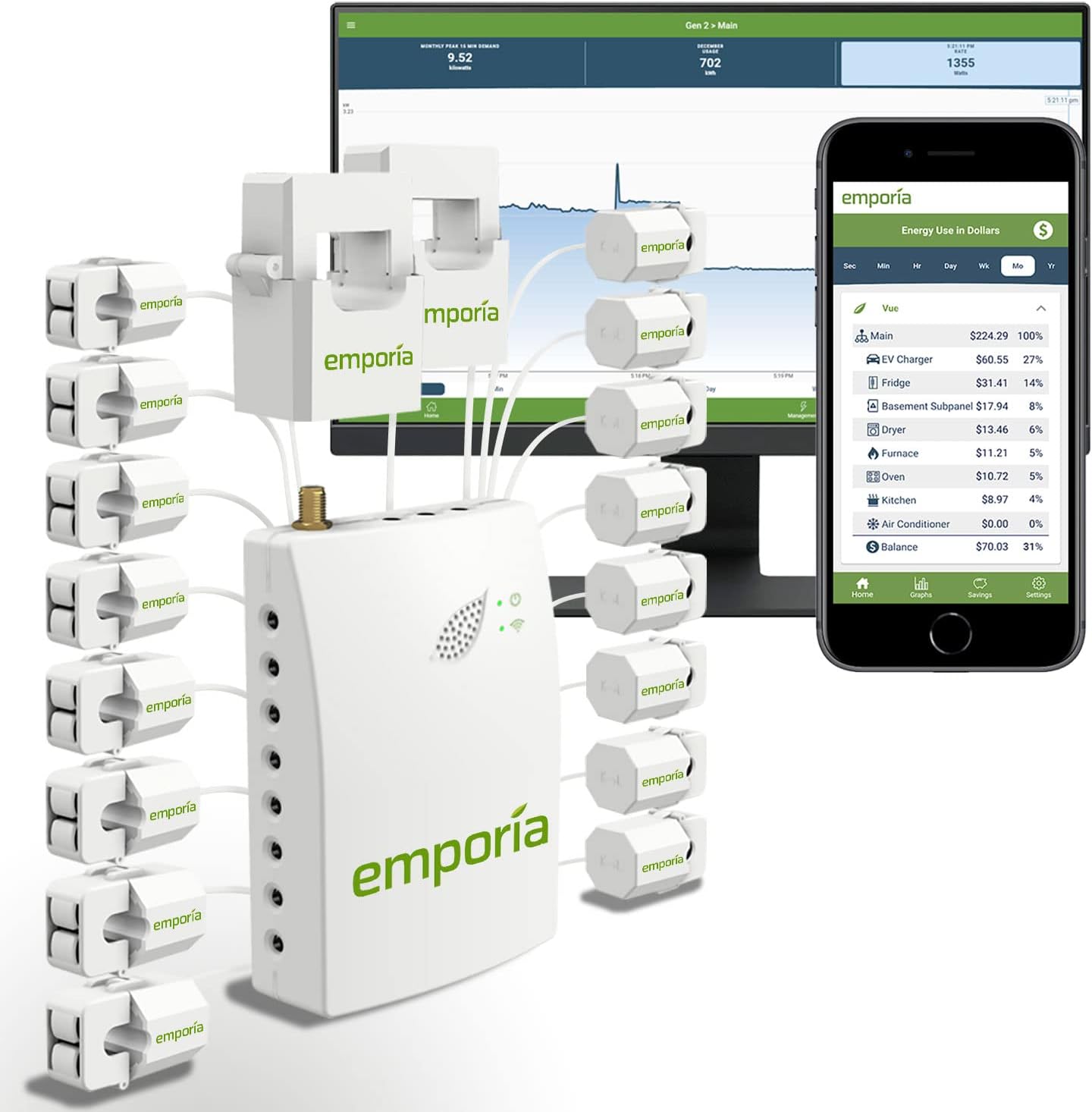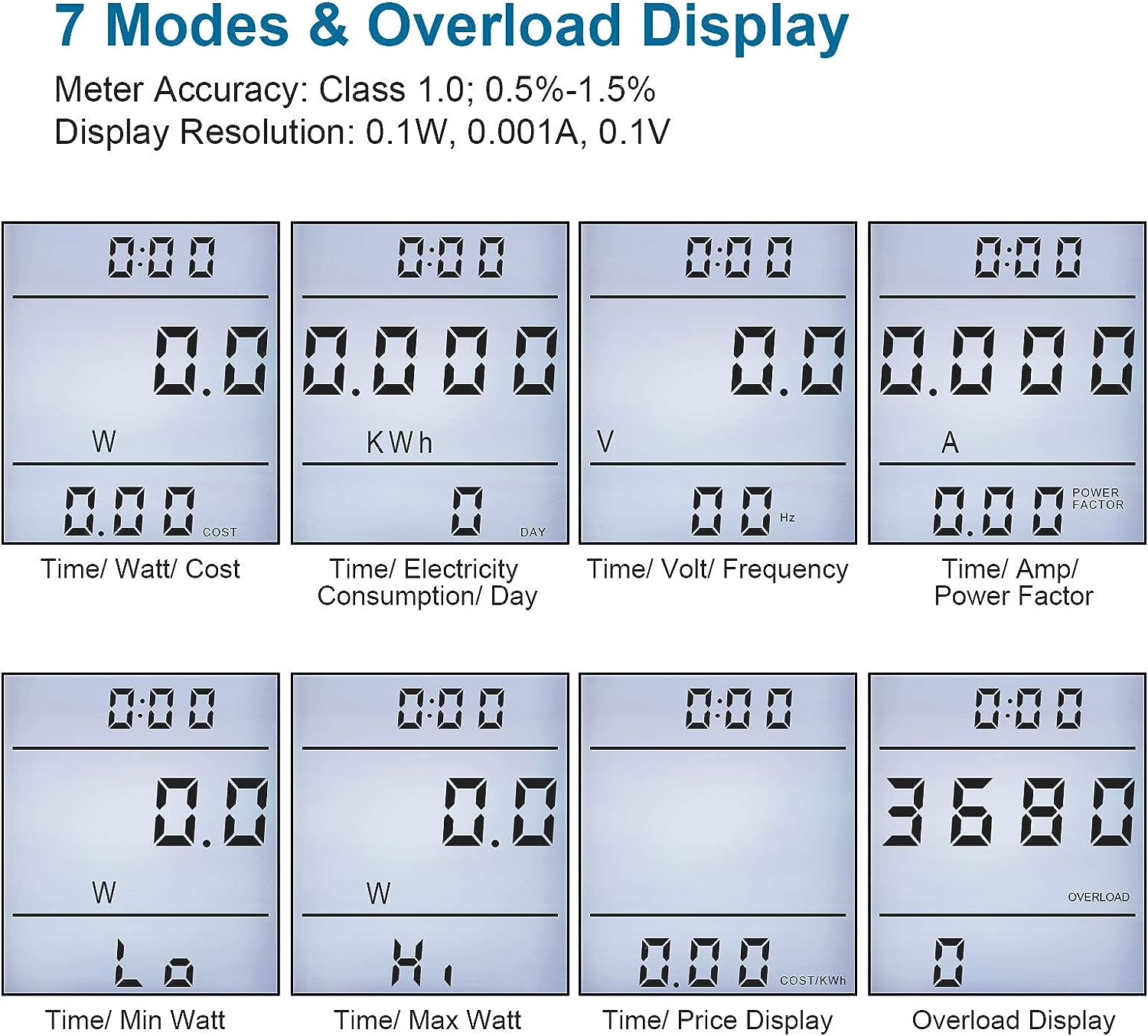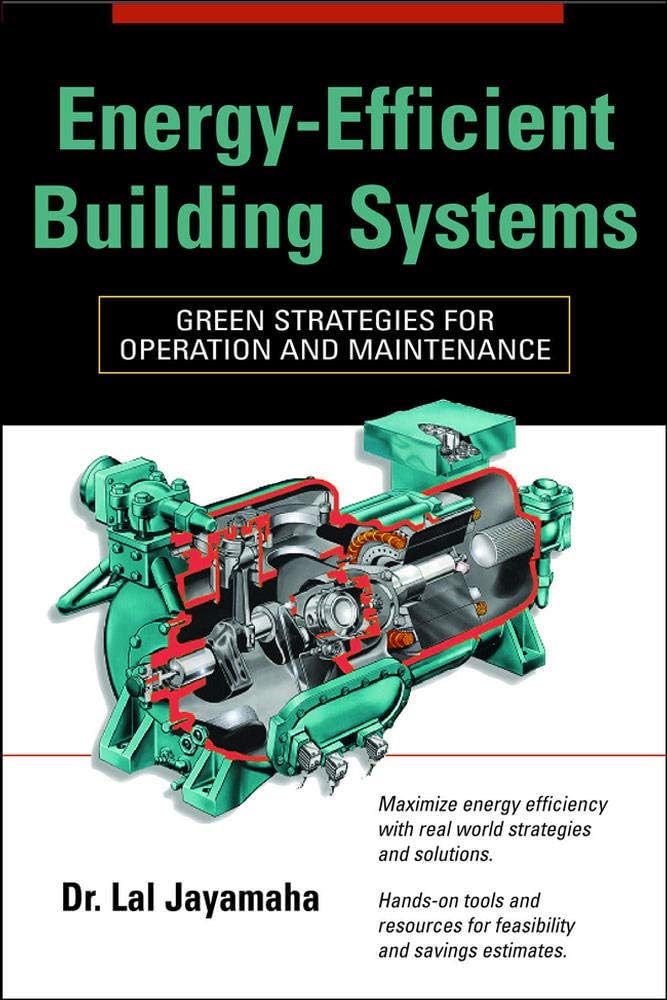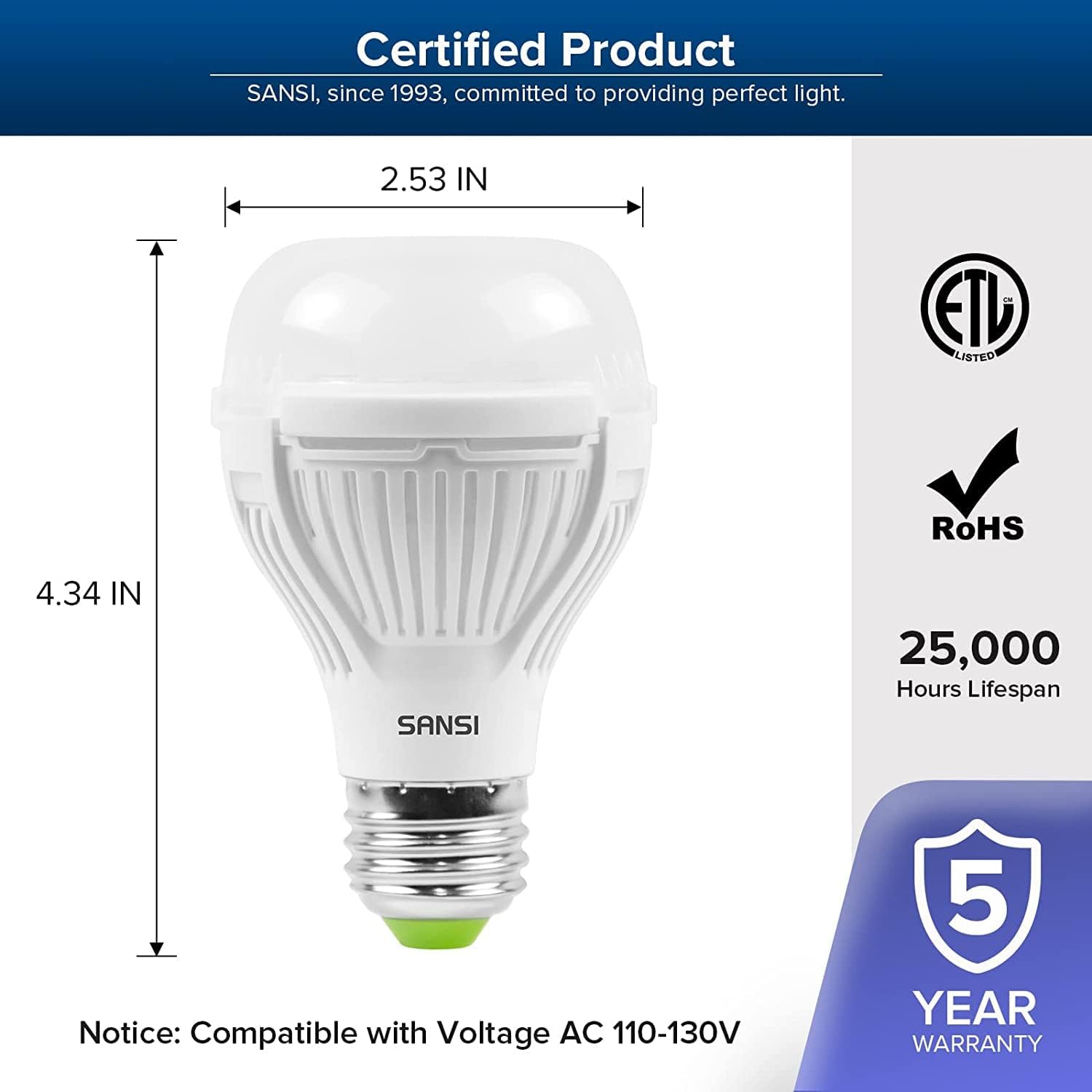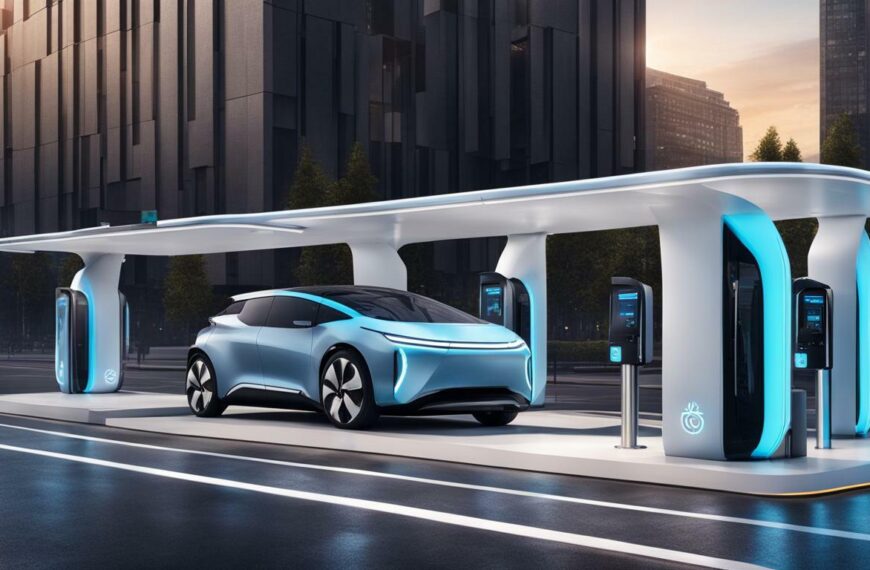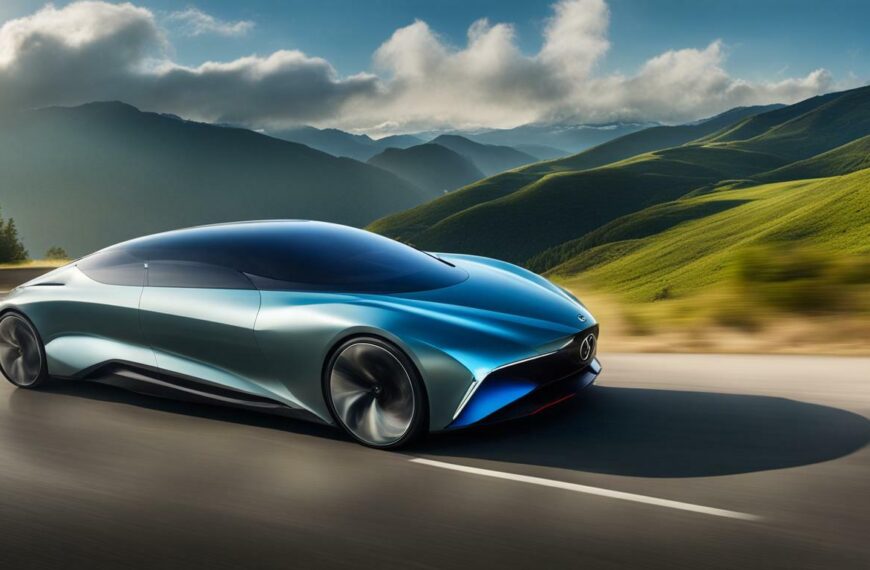Hydrogen fuel cell cars have many advantages over traditional vehicles, making them an appealing choice for environmentally conscious consumers. These vehicles utilize fuel cells that combine hydrogen and oxygen to produce electrical energy and water, making them a clean and sustainable energy source. Hydrogen, the main fuel used in these cars, is renewable and readily available, and its production can be powered by renewable energy sources.
One of the key advantages of hydrogen fuel cells is their efficiency and high energy density. Compared to fossil fuels, hydrogen fuel cells provide superior fuel efficiency and lower emissions, reducing pollution and carbon footprint. Additionally, hydrogen fuel cell cars offer fast charging times and long usage, providing convenience and extended driving range for users.
Another significant benefit of hydrogen fuel cell cars is their minimal impact on the environment. These vehicles produce no noise or visual pollution, contributing to a quieter and cleaner urban environment. Furthermore, hydrogen fuel cells emit only water and warm air, resulting in significant public health and environmental benefits.
Hydrogen fuel cell technology also offers versatility and remote applications. These fuel cells can be used in various settings, including remote areas, showcasing their adaptability in different environments. Moreover, hydrogen fuel cell cars contribute to energy independence and security by reducing dependence on fossil fuels, ensuring a more resilient energy system.
While there are challenges to overcome, such as storage capacity and production costs, hydrogen fuel cell cars have the potential to revolutionize the transportation sector. They can contribute to a sustainable and resilient energy system, offering a cleaner and greener alternative to traditional vehicles.
Key Takeaways:
- Hydrogen fuel cell cars are a clean and sustainable energy source.
- They offer superior efficiency and energy density compared to fossil fuels.
- Hydrogen fuel cell cars contribute to reduced emissions and pollution.
- They provide fast charging times and extended usage for convenience.
- These cars produce minimal noise and visual pollution, enhancing the urban environment.
Clean and Sustainable Energy Source
One of the primary advantages of hydrogen fuel cell cars is that they use clean and sustainable energy, making them a greener alternative to conventional vehicles. Fuel cells in these cars combine hydrogen and oxygen to produce electrical energy and water, emitting only water vapor and warm air as byproducts. This clean energy conversion process significantly reduces harmful emissions, improving air quality and minimizing the carbon footprint.
Hydrogen, the fuel source for these vehicles, is renewable and abundantly available, making it an environmentally friendly option. Furthermore, the production of hydrogen can be powered by renewable energy sources, such as wind or solar power, further enhancing its sustainability. By utilizing hydrogen fuel cells in cars, we can shift towards a more sustainable energy system while reducing our reliance on fossil fuels.
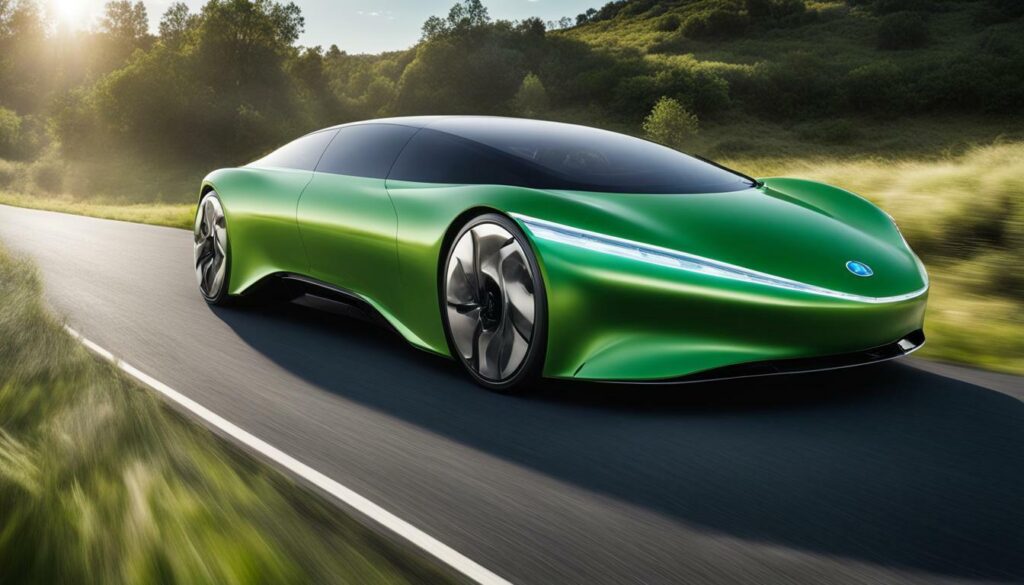
Another notable advantage of hydrogen fuel cell cars is their high fuel efficiency and energy density. Unlike traditional internal combustion engines, which waste a significant amount of energy as heat, fuel cells convert chemical energy directly into electrical energy, resulting in greater efficiency. This higher efficiency translates to improved mileage and longer driving range, addressing one of the concerns typically associated with electric vehicles.
With fast charging times and extended usage capabilities, hydrogen fuel cell cars offer enhanced convenience to drivers. The ability to charge quickly allows for shorter pit stops, making long journeys more practical. Additionally, hydrogen fuel cell cars provide long usage times before requiring refueling or recharging, offering a comparable experience to conventional combustion engine vehicles. These factors contribute to a seamless transition for drivers and encourage the widespread adoption of hydrogen-powered vehicles.
| Advantages of Hydrogen Fuel Cell Cars: |
|---|
| Utilize clean and sustainable energy |
| Reduce emissions and carbon footprint |
| High fuel efficiency and energy density |
| Fast charging times and long usage |
Overall, the utilization of hydrogen fuel cell cars presents multiple advantages, positioning them as a promising solution for a sustainable and resilient transportation sector. By embracing clean and sustainable energy, reducing emissions, and providing efficient and convenient driving experiences, hydrogen-powered vehicles have the potential to revolutionize the automotive industry and contribute to a cleaner and greener future.
Efficiency and Energy Density

Hydrogen fuel cells offer higher efficiency and energy density than traditional fossil fuels, making them an efficient and powerful source of energy for vehicles. The conversion of hydrogen into electricity is highly efficient, with fuel cells achieving an energy efficiency of up to 60%, compared to internal combustion engines that typically operate at around 20% efficiency. This means that more of the energy stored in hydrogen is effectively used, resulting in reduced fuel consumption and improved overall performance.
Furthermore, hydrogen fuel cells have a significantly higher energy density compared to conventional gasoline or diesel. This means that a smaller volume of hydrogen can store more energy, allowing for longer driving ranges and reducing the need for frequent refueling. With advancements in fuel cell technology, the energy density of hydrogen has been steadily increasing, enhancing the practicality and feasibility of hydrogen fuel cell cars.
To put it into perspective, a fuel cell vehicle can travel approximately 300-400 miles on a full tank of hydrogen, whereas a conventional gasoline-powered car typically averages around 250-350 miles per tank. The higher energy density of hydrogen fuel cells enhances the driving experience by providing longer ranges and increased convenience for drivers.
| Advantages of Hydrogen Fuel Cell Cars: |
|---|
| Higher energy efficiency |
| Superior energy density |
| Reduced fuel consumption |
| Extended driving ranges |
| Improved overall performance |
Advancements in Fuel Cell Technology
Technological advancements have further improved the efficiency and energy density of hydrogen fuel cells. Research and development efforts have focused on enhancing catalyst materials, improving system integration, and optimizing fuel cell stack design. These advancements have resulted in higher power outputs, increased durability, and reduced costs, bringing hydrogen fuel cell technology closer to widespread adoption in the automotive industry.
Continued research and investment in fuel cell technology are expected to lead to even more significant improvements in efficiency and energy density. This will enable hydrogen fuel cell cars to compete with traditional internal combustion engine vehicles on a broader scale, making them a viable and sustainable option for the future.
- Technological advancements improve efficiency and energy density
- Higher power outputs and increased durability
- Reduced costs for wider adoption
- Promising future with ongoing research and development
In summary, hydrogen fuel cell cars offer higher efficiency and energy density compared to traditional fossil fuels. They provide a more efficient and powerful source of energy for vehicles, resulting in reduced fuel consumption and improved overall performance. The higher energy density of hydrogen fuel cells allows for longer driving ranges and increased convenience for drivers. Technological advancements continue to enhance the efficiency and energy density of fuel cells, making hydrogen fuel cell cars a promising option for a sustainable and resilient transportation sector.
Reduced Emissions and Pollution
By utilizing hydrogen fuel cells, cars emit lower levels of harmful emissions, reducing pollution and improving overall air quality. Unlike traditional vehicles that rely on internal combustion engines powered by fossil fuels, hydrogen fuel cells produce zero harmful tailpipe emissions. Instead, they only emit water vapor and warm air, making them a much cleaner alternative.
Hydrogen fuel cells offer higher efficiency and energy density than traditional fossil fuels, making them an efficient and powerful source of energy for vehicles.
According to studies, hydrogen fuel cells are capable of reducing greenhouse gas emissions by up to 30% compared to gasoline-powered vehicles. This significant reduction in emissions is attributed to the clean chemical reaction that occurs within the fuel cells, where hydrogen combines with oxygen to produce electricity, with the only byproduct being water. This not only helps combat climate change but also contributes to a healthier environment for both humans and wildlife.
The impact of reduced emissions goes beyond just air quality. By transitioning to hydrogen fuel cell cars, we can significantly decrease our carbon footprint and mitigate the detrimental effects of pollution on ecosystems. Furthermore, the elimination of harmful emissions from transportation can help combat respiratory illnesses and improve public health in urban areas.
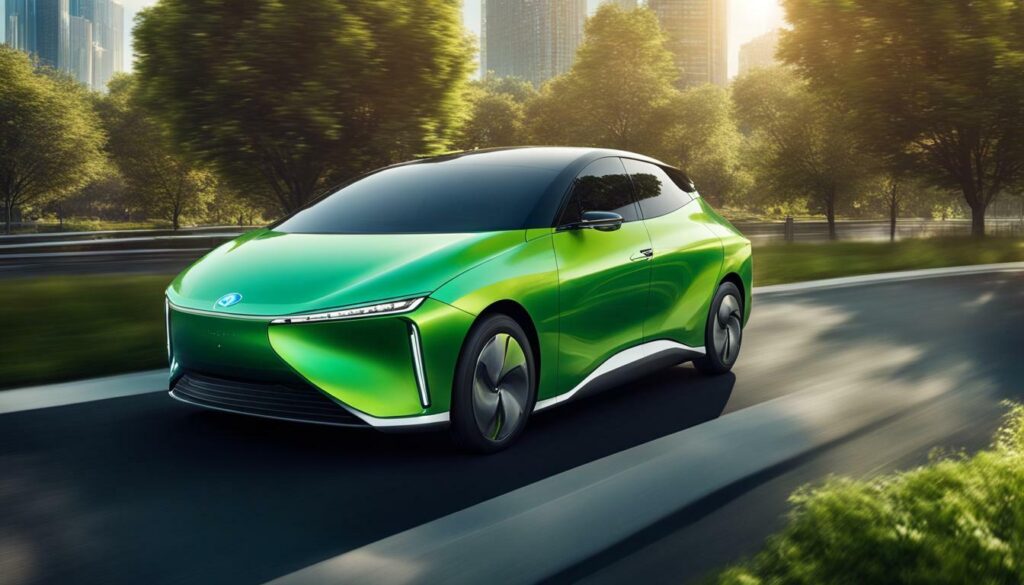
The benefits of hydrogen fuel cell cars extend beyond environmental factors. They also offer a promising solution to our dependence on fossil fuels and contribute to a more sustainable future. With hydrogen being the most abundant element in the universe, it provides us with a reliable and renewable energy source.
As we strive for energy independence and security, hydrogen fuel cell technology offers a viable alternative. By utilizing hydrogen as a fuel, we can reduce our reliance on finite fossil fuel reserves, which not only helps mitigate geopolitical tensions but also strengthens energy security.
While there are challenges to overcome, such as improving storage capacity and reducing production costs, the potential of hydrogen fuel cell cars to revolutionize the transportation sector is undeniable. These vehicles provide a cleaner, more efficient, and sustainable means of transportation, making them a key player in building a resilient and eco-friendly energy system.
| Advantages of Hydrogen Fuel Cell Cars | Benefits of Using Hydrogen Fuel Cells in the Automotive Industry |
|---|---|
| Zero harmful tailpipe emissions | Significantly reduced greenhouse gas emissions |
| Improved air quality and reduced carbon footprint | Contribution to a cleaner and healthier environment |
| Decreased dependence on fossil fuels | Enhanced energy independence and security |
| Reduced noise and visual pollution | Improved quality of life in urban areas |
| Fast charging times and long usage | Convenience and extended driving range for users |
Fast Charging Times and Long Usage
Hydrogen fuel cell cars boast fast charging times and long usage, providing drivers with a convenient and efficient means of transportation. Unlike electric vehicles that require hours to recharge, hydrogen fuel cell cars can be refueled in just a few minutes, similar to traditional gasoline-powered vehicles. This quick refueling time eliminates the range anxiety often associated with electric cars and allows drivers to easily plan and complete long-distance trips without lengthy charging stops.
Additionally, hydrogen fuel cell cars offer extended usage times compared to battery-powered vehicles. With a full tank of hydrogen, drivers can travel similar distances to gasoline-powered cars, typically exceeding 300 miles on a single fill-up. This extended range ensures that drivers can confidently navigate through various terrains and reach their destinations without the need for frequent refueling.
Furthermore, the energy density of hydrogen fuel cells enables efficient energy storage, contributing to long usage times. Hydrogen has a higher energy density compared to traditional batteries, allowing for the storage of more energy in a smaller space. This compact storage capacity not only gives hydrogen fuel cell cars a longer driving range but also leads to lighter and more compact vehicle designs, improving overall efficiency and performance.
| Advantages of Fast Charging Times and Long Usage in Hydrogen Fuel Cell Cars |
|---|
| Convenient refueling in minutes, eliminating range anxiety |
| Extended usage times, exceeding 300 miles on a single fill-up |
| Higher energy density for efficient energy storage and improved vehicle performance |
In summary, the fast charging times and long usage of hydrogen fuel cell cars provide drivers with exceptional convenience and efficiency. With quick refueling times and extended ranges, these vehicles offer an attractive alternative to traditional gasoline-powered cars. Additionally, the energy density of hydrogen fuel cells ensures efficient energy storage, further enhancing the overall performance and longevity of these vehicles. As the automotive industry continues to embrace hydrogen fuel cell technology, the advantages of driving a hydrogen fuel cell vehicle will become increasingly evident.
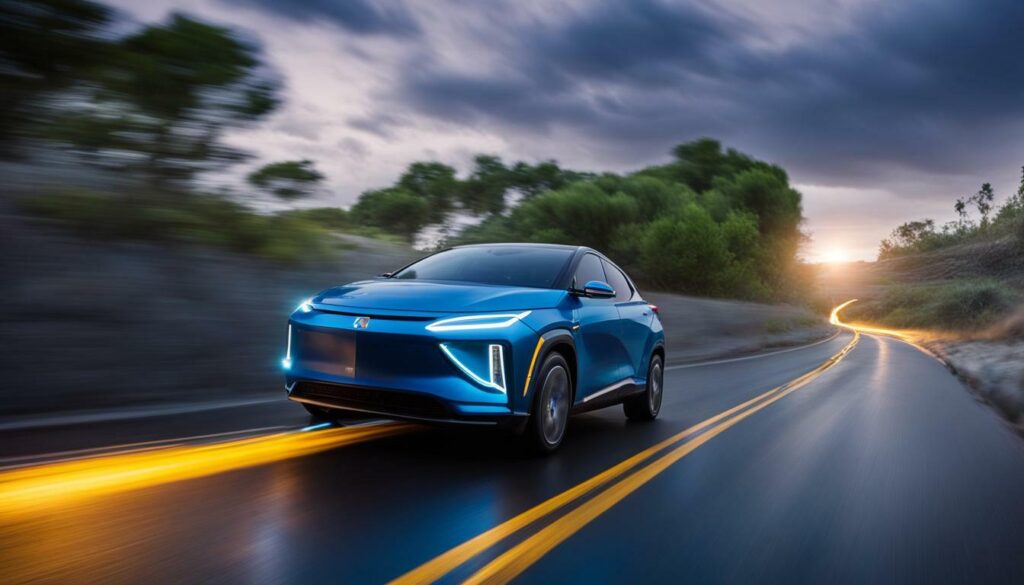
Minimal Noise and Visual Pollution
Unlike traditional vehicles, hydrogen fuel cell cars operate silently and produce no visual pollution, making them ideal for urban areas. The absence of noise pollution creates a more pleasant and peaceful environment for both drivers and pedestrians. In bustling cities, where noise levels can be overwhelming, the quiet operation of hydrogen fuel cell cars offers a welcome reprieve.
Additionally, the elimination of visual pollution is a significant advantage of hydrogen-powered vehicles. Unlike gasoline or diesel cars that emit exhaust fumes and contribute to air pollution, hydrogen fuel cell cars emit only water vapor, reducing environmental harm. The absence of harmful emissions not only benefits the immediate urban surroundings but also promotes clean air and better respiratory health for everyone.
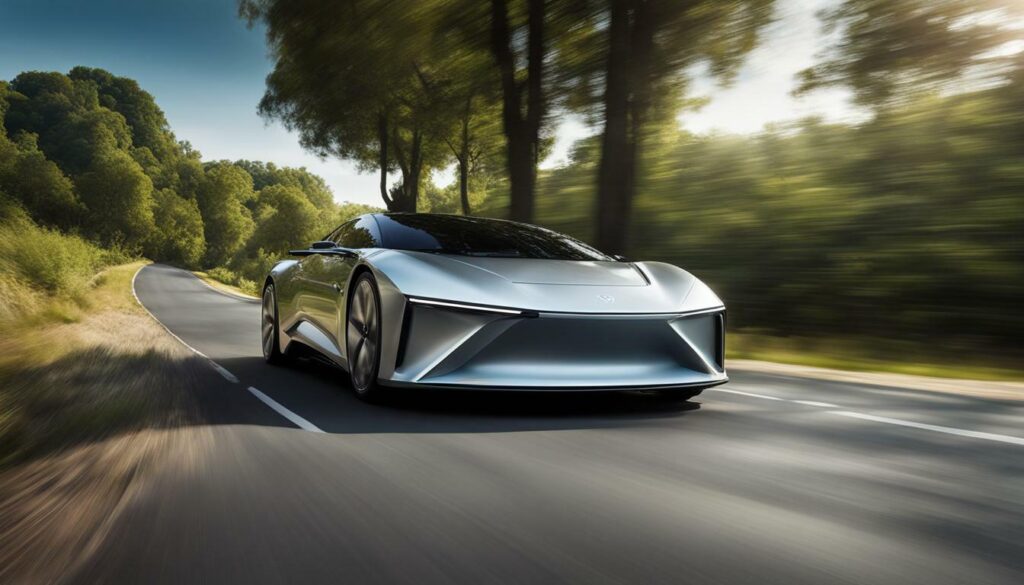
The minimal noise emitted by hydrogen fuel cell cars contributes to a quieter and more serene urban environment. This is especially valuable for densely populated areas or regions with strict noise regulations. With hydrogen fuel cell cars, both drivers and pedestrians experience reduced noise levels, leading to a more enjoyable and peaceful city atmosphere.
Hydrogen fuel cell cars offer a promising solution to the noise and visual pollution caused by traditional gasoline and diesel vehicles. Their whisper-quiet operation and emission-free nature make them an attractive option for individuals and communities looking to enhance their quality of life.
No Visual Pollution
Hydrogen fuel cell cars produce only water vapor as a byproduct of their operation, leaving no harmful emissions or exhaust fumes behind. This absence of visual pollution contributes to cleaner streets, buildings, and public spaces. The aesthetic appeal of urban environments is preserved, and the overall visual experience is improved for residents and visitors alike.
As the demand for environmentally friendly and sustainable transportation options grows, hydrogen fuel cell cars provide a promising solution to the noise and visual pollution caused by traditional gasoline and diesel vehicles. Their whisper-quiet operation and emission-free nature make them an attractive option for individuals and communities looking to enhance their quality of life.
| Noise Pollution | Visual Pollution |
|---|---|
| Minimal noise emissions | No exhaust fumes or harmful emissions |
| Quieter urban environments | Cleaner streets and public spaces |
| Reduced noise levels for drivers and pedestrians | Preservation of aesthetic appeal |
| Improved quality of life | Enhanced visual experience |
Versatility and Remote Applications
Hydrogen fuel cell technology offers versatility, allowing its use in a wide range of applications, including remote areas where traditional fuel sources may be limited. The ability to generate electricity from hydrogen and oxygen makes it an attractive option for powering various types of vehicles, including cars, trucks, and buses. These hydrogen-powered vehicles can travel long distances without the need for frequent refueling, making them suitable for transportation in remote areas with limited access to fuel stations.
One of the most notable applications of hydrogen fuel cell technology is in the field of transportation. Hydrogen fuel cell cars provide a clean and efficient alternative to traditional gasoline-powered vehicles, emitting only water vapor and warm air as byproducts. Their fast charging times and long usage times make them convenient for daily commuting and longer trips, addressing the range anxiety often associated with electric vehicles. Additionally, hydrogen fuel cells can be integrated into other types of vehicles, such as forklifts and drones, further expanding their versatility.
Moreover, hydrogen fuel cells offer promising solutions for remote applications, where traditional power sources may not be feasible or reliable. These fuel cells can be used to power off-grid areas, providing a sustainable and reliable energy source. Remote communities, construction sites, and temporary installations can benefit from the use of hydrogen fuel cells, ensuring access to electricity without the need for extensive infrastructure development.
| Advantages of Hydrogen Fuel Cell Technology in Automobiles: |
|---|
| 1. Clean and sustainable energy source |
| 2. High fuel efficiency and low emissions |
| 3. Fast charging times and long usage |
| 4. Minimal noise and visual pollution |
Overall, hydrogen fuel cell technology offers diverse applications in the transportation sector, enabling the use of clean and sustainable energy in remote areas. Its versatility and ability to generate electricity efficiently make it a promising solution for reducing carbon emissions and improving energy security.
By adopting hydrogen fuel cell cars, we can reduce our reliance on fossil fuels and strengthen energy independence and security. These vehicles offer a sustainable and clean alternative to traditional gasoline-powered cars, helping to mitigate the environmental impact of transportation.
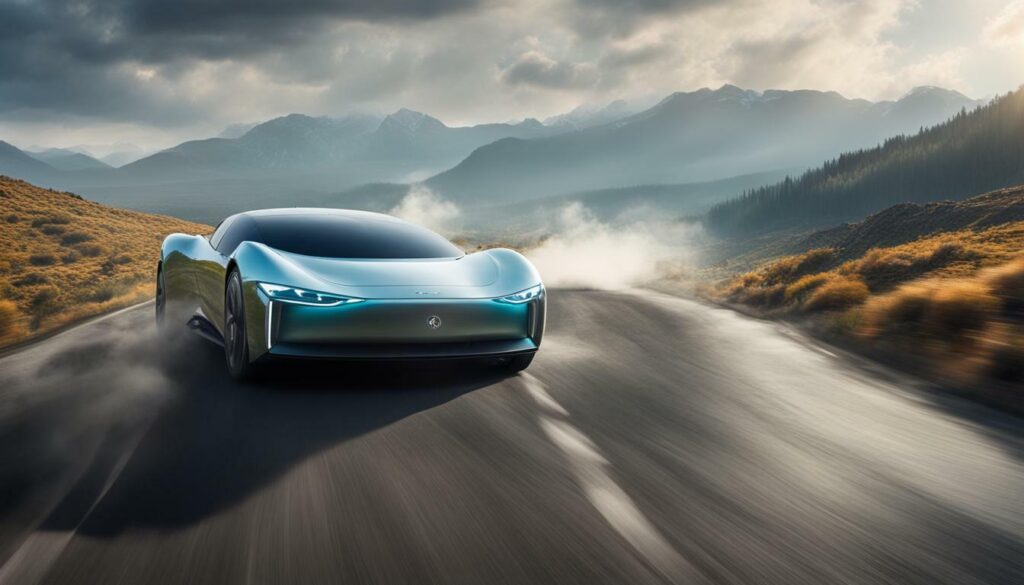
Hydrogen, the primary fuel source for these cars, can be produced using renewable energy sources such as solar or wind power. This ensures that the production of hydrogen fuel is not dependent on finite fossil fuel reserves, providing a more sustainable and resilient energy system. Moreover, the versatility of hydrogen fuel cell technology allows it to be produced and utilized in various settings, including remote areas where access to traditional fuel sources may be limited.
Implementing hydrogen-powered vehicles also contributes to energy security by diversifying our energy sources. By reducing dependence on imported oil and other fossil fuels, countries can enhance their energy independence and reduce geopolitical tensions related to energy resources. Furthermore, hydrogen fuel cell cars emit only water and warm air, resulting in improved air quality and reduced pollution, thus positively impacting public health and well-being.
| Benefits of Hydrogen Fuel Cell Cars: | Advantages and Benefits of Using Hydrogen Fuel Cells in the Automotive Industry: |
|---|---|
| Reduced reliance on fossil fuels | Strengthened energy independence and security |
| Enhanced sustainability and reduced environmental impact | Improved air quality and reduced pollution |
| Utilization of renewable energy sources for hydrogen production | Diversification of energy sources |
| Versatility and adaptability in various settings | Contribution to sustainable and resilient energy systems |
While hydrogen fuel cell cars offer significant advantages and potential benefits, there are challenges that need to be addressed. One of the main challenges is the storage capacity of hydrogen, as it requires specialized tanks and infrastructure. Additionally, the production costs of hydrogen fuel cell technology need to be further optimized to ensure affordability and mass adoption.
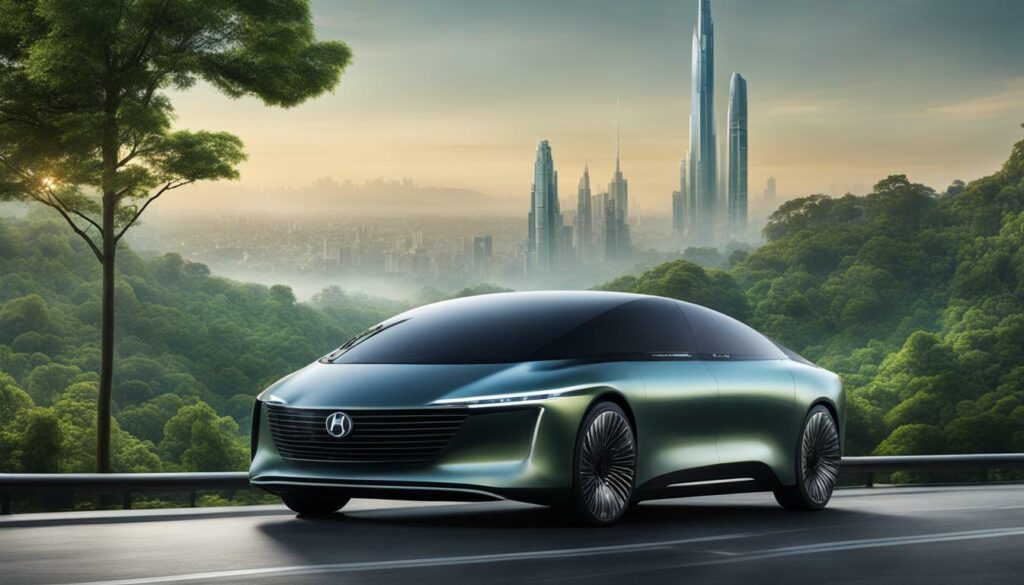
Despite these challenges, hydrogen fuel cell cars have the potential to revolutionize the transportation sector and pave the way for a cleaner and more sustainable future. By embracing this innovative technology, we can move towards a transportation system that is not only environmentally friendly but also contributes to energy independence and security.
Hydrogen fuel cell cars provide significant public health and environmental benefits by emitting only water and warm air, reducing harmful emissions. Unlike traditional vehicles that run on fossil fuels, hydrogen fuel cell cars produce zero tailpipe emissions, eliminating the release of pollutants that contribute to air pollution and climate change. By transitioning to hydrogen fuel cell technology, we can contribute to improving air quality and mitigating the negative impacts of transportation on human health and the environment.
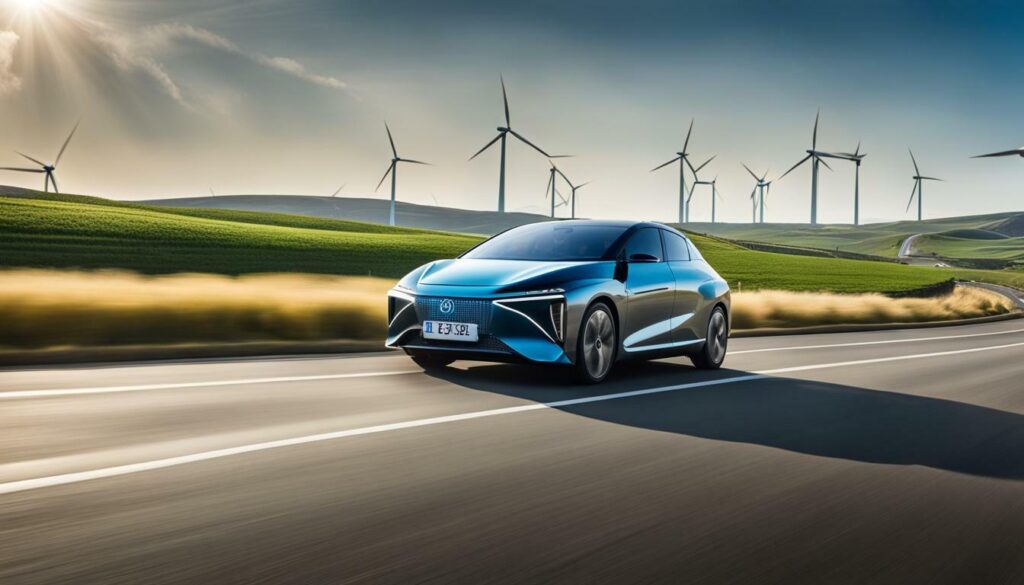
One of the key advantages of hydrogen fuel cell cars is their ability to reduce greenhouse gas emissions. Hydrogen, when produced through renewable energy sources such as wind or solar power, can create a carbon-neutral fuel cycle. This means that the overall emissions from producing and using hydrogen fuel are minimal, especially compared to the emissions generated by burning fossil fuels. By adopting hydrogen fuel cell vehicles, we can make significant strides towards achieving our climate change goals and reducing our carbon footprint.
Moreover, hydrogen fuel cell cars also offer quieter and less intrusive urban environments. With their minimal noise production, these vehicles contribute to reducing noise pollution in heavily populated areas. This is particularly beneficial for individuals living in urban settings, where noise pollution can have detrimental effects on both physical and mental health. Additionally, by emitting only water and warm air, hydrogen fuel cell cars positively impact visual pollution, creating cleaner and aesthetically pleasing surroundings.
All these public health and environmental benefits make hydrogen fuel cell cars an attractive alternative to traditional vehicles. By embracing this technology, we can strive towards a greener, healthier, and more sustainable future for ourselves and the generations to come. It is evident that hydrogen fuel cell cars have the potential to transform the transportation sector and play a vital role in creating a cleaner and more resilient energy system.
| Advantages | Description |
|---|---|
| Zero Emissions | Hydrogen fuel cell cars emit only water and warm air, reducing harmful emissions. |
| Reduced Carbon Footprint | Hydrogen, when produced through renewable sources, creates a carbon-neutral fuel cycle, contributing to lower greenhouse gas emissions. |
| Quiet and Clean Urban Environments | Hydrogen fuel cell cars produce minimal noise and visual pollution, enhancing urban surroundings. |
Challenges, many advantages and Future Considerations
While hydrogen fuel cell cars offer numerous advantages, there are challenges to overcome, including storage capacity and production costs. As fuel cells rely on storing hydrogen, finding efficient and safe methods for storage remains a priority. Developing lightweight and compact storage systems that can hold sufficient amounts of hydrogen is crucial for widespread adoption of hydrogen fuel cell technology in cars.
Another challenge is the cost of production. Currently, the production of hydrogen fuel cells is expensive, primarily due to the use of platinum as a catalyst. Research and development efforts are underway to explore alternative catalysts that can reduce costs and improve the scalability of hydrogen fuel cell production.
However, despite these challenges, significant progress has been made in addressing them. Innovations in materials science and engineering have resulted in advancements such as nanostructured materials and proton-exchange membranes, which have improved the efficiency and performance of fuel cells. Additionally, ongoing research into hydrogen production methods, including electrolysis and renewable energy-powered options, is expected to drive down costs and increase the availability of hydrogen as a fuel source.
Overall, while challenges remain, the future of hydrogen fuel cell cars is promising. The potential environmental benefits, energy independence, and improved air quality make hydrogen fuel cell technology a compelling alternative to traditional vehicles. By continuing to invest in research, development, and infrastructure, we can overcome the challenges and unlock the full potential of hydrogen fuel cell cars in creating a sustainable and resilient transportation sector.
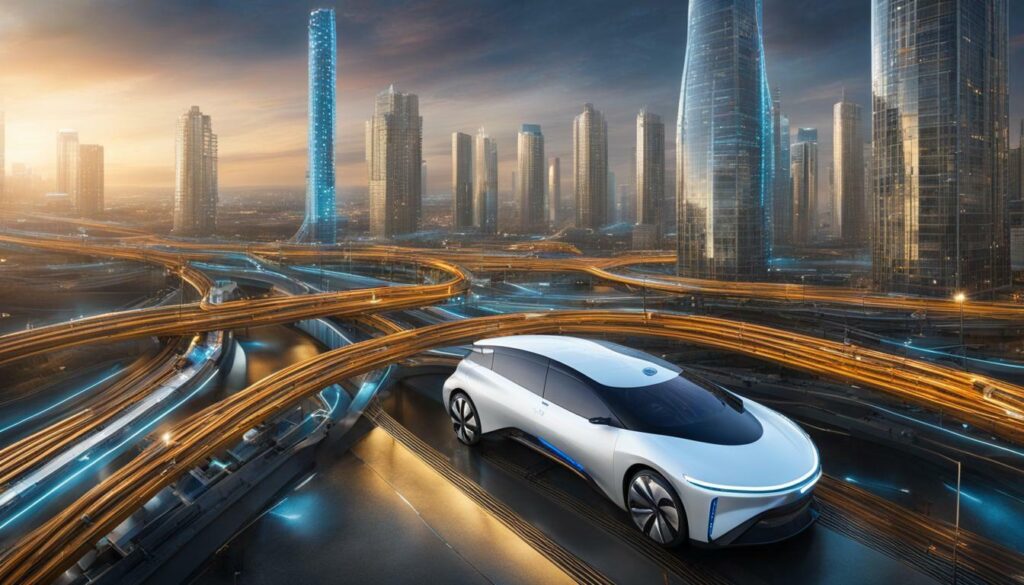
Conclusion
In conclusion, hydrogen fuel cell cars offer numerous advantages, ranging from environmental benefits to energy efficiency, making them a compelling choice for a greener and more sustainable future. These vehicles utilize hydrogen and oxygen to generate electrical energy and produce only water as a byproduct, making them a clean and renewable energy source. The availability of hydrogen and its production potential from renewable energy sources further enhance the sustainability of these cars.
One of the key advantages of hydrogen fuel cells is their superior efficiency and energy density compared to traditional fossil fuels. Hydrogen fuel cells offer higher fuel efficiency and lower emissions, reducing pollution and carbon footprint. Additionally, these cars boast fast charging times, extended usage periods, and produce no noise or visual pollution, creating a more pleasant driving experience for users.
The versatility of hydrogen fuel cell technology is another significant advantage. These fuel cells can be employed in various applications, including remote areas, showcasing their adaptability and potential to address different energy needs. By adopting hydrogen-powered vehicles, we can reduce our dependence on fossil fuels, enhance energy security, and create a more resilient energy system.
Furthermore, hydrogen fuel cell cars have substantial public health and environmental benefits. With their emission of only water and warm air, these vehicles contribute to improved air quality and reduced pollution, promoting better public health outcomes. This makes them an ideal solution for combating climate change and mitigating the harmful effects of transportation-related emissions.
While hydrogen fuel cell cars offer numerous advantages, there are challenges that need to be addressed. The storage capacity of hydrogen and the associated production costs currently present obstacles to widespread adoption. However, ongoing research and advancements in technology are aimed at overcoming these challenges and making hydrogen fuel cell cars even more accessible and cost-effective.
Overall, the advantages of hydrogen fuel cell cars are clear. They have the potential to revolutionize the transportation sector and contribute to a more sustainable and resilient energy system. By embracing this clean and efficient technology, we can pave the way for a greener future and a better quality of life for generations to come.
FAQ
What are the advantages of hydrogen fuel cell cars?
Hydrogen fuel cell cars offer numerous advantages, including being a clean and sustainable energy source, higher efficiency and energy density compared to fossil fuels, reduced emissions and pollution, fast charging times and long usage, minimal noise and visual pollution, versatility for various applications including remote areas, energy independence and security, significant public health and environmental benefits, and potential to revolutionize the transportation sector.
How do hydrogen fuel cell cars contribute to a cleaner and more sustainable energy system?
Hydrogen fuel cell cars use hydrogen and oxygen to produce electrical energy and water, making them a clean energy source. Hydrogen is renewable and readily available, and its production can be powered by renewable energy sources. By utilizing hydrogen fuel cells, these cars help reduce reliance on fossil fuels and promote a more sustainable and resilient energy system.
What are the efficiency and energy density advantages of hydrogen fuel cell cars?
Hydrogen fuel cells have higher fuel efficiency and provide higher energy density compared to fossil fuels. This means that hydrogen fuel cell cars can travel longer distances on the same amount of fuel, maximizing their energy usage and reducing the need for frequent refueling.
How do hydrogen fuel cell cars help in reducing emissions and pollution?
Hydrogen fuel cell cars emit only water and warm air, resulting in zero tailpipe emissions. This helps improve air quality and reduces carbon footprint, contributing to the overall reduction of harmful greenhouse gases and pollutants that contribute to climate change and health issues.
What are the charging times and usage capabilities of hydrogen fuel cell cars?
Hydrogen fuel cell cars have fast charging times, comparable to conventional gasoline vehicles. Additionally, they offer long usage times, allowing drivers to travel extended distances before needing to refuel.
Do hydrogen fuel cell cars produce noise or visual pollution?
No, hydrogen fuel cell cars produce minimal noise and visual pollution. Their operation is quiet, contributing to a quieter and more peaceful urban environment.
How versatile are hydrogen fuel cell cars and where can they be used?
Hydrogen fuel cell cars are versatile and can be used in various applications, including remote areas. Their adaptability makes them suitable for different settings and helps address transportation needs in areas where infrastructure may be limited.
How do hydrogen fuel cell cars contribute to energy independence and security?
Implementing hydrogen-powered vehicles can reduce dependence on fossil fuels, enhancing energy independence and security. By diversifying the energy sources used in transportation, hydrogen fuel cell cars help create a more resilient energy system.
What are the public health and environmental benefits of hydrogen fuel cell cars?
Hydrogen fuel cell cars emit only water and warm air, resulting in improved air quality and reduced pollution. This has significant public health benefits by reducing the release of harmful pollutants that can contribute to respiratory problems and other health issues.
What challenges and considerations are associated with hydrogen fuel cell cars?
Some challenges include storage capacity for hydrogen, the cost of production, and the need for more extensive refueling infrastructure. Research and development efforts are ongoing to address these challenges and make hydrogen fuel cell cars more accessible and efficient.
How do hydrogen fuel cell cars have the potential to revolutionize the transportation sector?
Hydrogen fuel cell cars offer numerous advantages over traditional vehicles, including clean energy production, higher efficiency, reduced emissions, and fast charging times. By harnessing these benefits, hydrogen fuel cell cars have the potential to transform the transportation sector and contribute to a more sustainable and resilient energy system.

